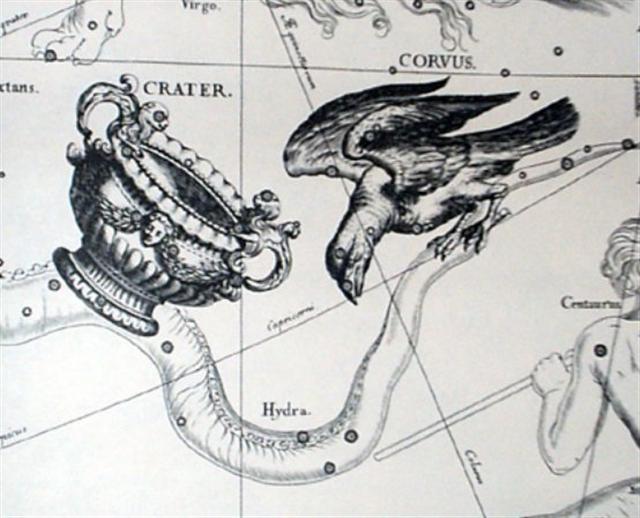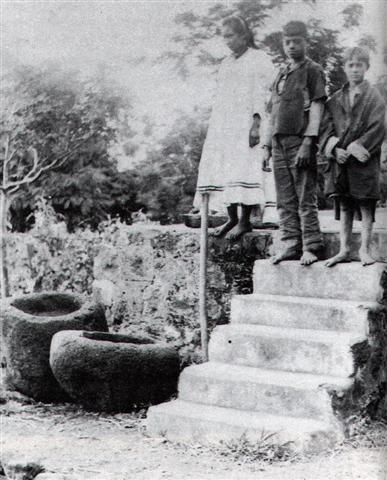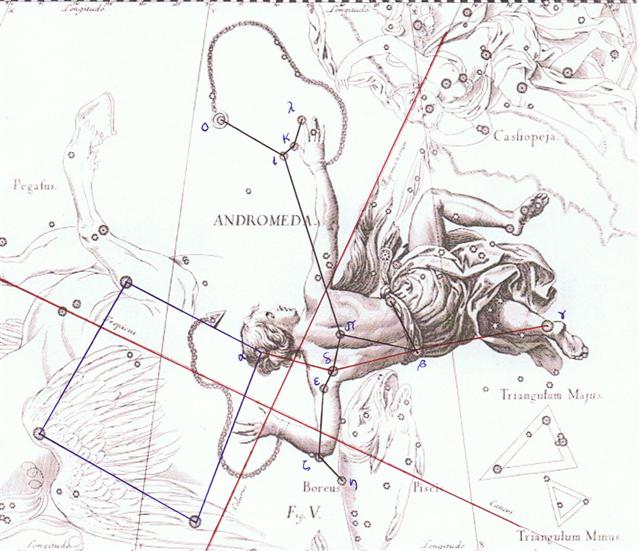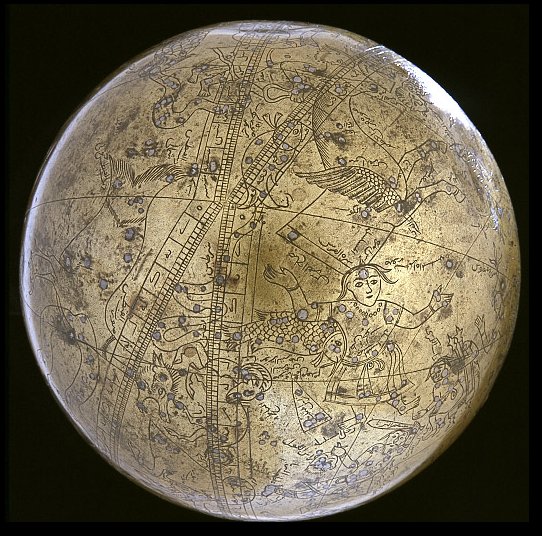18. From the 'tree' between 10h at Regulus and 22h at Sadalmelik in day 191 (July 10, "July 10),
we should then continue by considering the effects of the precession. ... the bird, being sent with a cup for water, loitered at a fig-tree till the fruit became ripe, and then returned to the god with a water-snake in his claws and a lie in his mouth, alleging the snake to have been the cause of the delay. In punishment he was forever fixed in the sky with the Cup and the Snake; and, we may infer, doomed to everlasting thirst by the guardianship of the Hydra over the Cup and its contents. From all this came other poetical names for our Corvus - Avis Ficarius, the Fig Bird; and Emansor, one who stays beyond his time; and a belief, in early folk-lore, that this alone among birds did not carry water to its young ...  Due to the precession of the cardinal points of the Sun the thirsty Raven (Corvus) together with his empty Urn (Crater) had been pushed ahead in the Sun calendar.
Nowadays one could say they would delay their returm to the night of the northern autumn equinox = the southern spring equinox.
From *111 (July 10) to glyph number 111 (Ga5-1) there were 111 - 88 = 23 right ascension days:
This (*23) coincides with the difference between the precessional time depth for the Golden Age of the Bull (*64) and the precessional timne depth down to the era of Bharani (*41). *64 = *41 + *23. Considering the earlier discovered change from the Golden Age of the Bull at the beginning of side a of the G tablet to the Roman era early on side b,
we can here see a kind of intermediate transition:
Early I deduced Ga5-1 ought to refer to the 'Chained Hand' (Manus Catenata, ι Andromedae), which implied the design of the glyph should refer to the nakshatra side of JULY 10.
... When this tremendous task had been accomplished Atea took a third husband, Fa'a-hotu, Make Fruitful. Then occurred a curious event. Whether Atea had wearied of bringing forth offspring we are not told, but certain it is that Atea and her husband Fa'a-hotu exchanged sexes. Then the [male] eyes of Atea glanced down at those of his wife Hotu and they begat Ru. It was this Ru who explored the whole earth and divided it into north, south, east, and west ...
|
|||||||||||||||||||||||||||||||||||||||||||||||||||||||||||||||||||||||||||||||||||||||||||||||||||||||||||||||||||||||||














